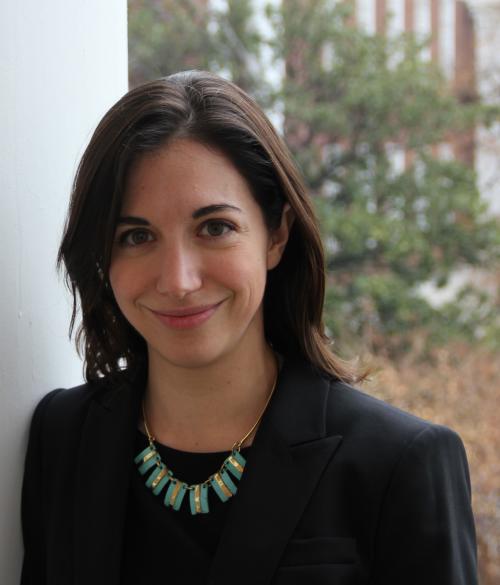Prof. Turner spoke on Marketplace's Uncertain Hour about her research on the impact short-term certificates versus longer-term credentials on earnings for welfare recipients.
What's the best path out of poverty--work or education?
Twenty years ago, welfare reformers came to this fork in the road and had to ask the question: Is it better to encourage welfare recipients to get a job, any job? Or is it better to support them while they get training and education that will eventually help them get better-paying jobs?
In the end, welfare reformers adopted a "work-first" strategy that required most folks to work in order to receive cash welfare.
This strategy prioritized work-related activities at the expense of education, which discouraged welfare recipients from obtaining longer-term credentials.
Professor Turner describes her research on the impact of short-term certificates versus longer-term credentials on earnings for welfare recipients. Her paper, "The Returns to Higher Education for Marginal Students: Evidence from Colorado Welfare Recipients" was published in the Economics of Education Review this April and is available at: http://econweb.umd.edu/~turner/Turner_CO.pdf.
Listen to the full podcast online. Professor Turner's portion begins at 19:40.


